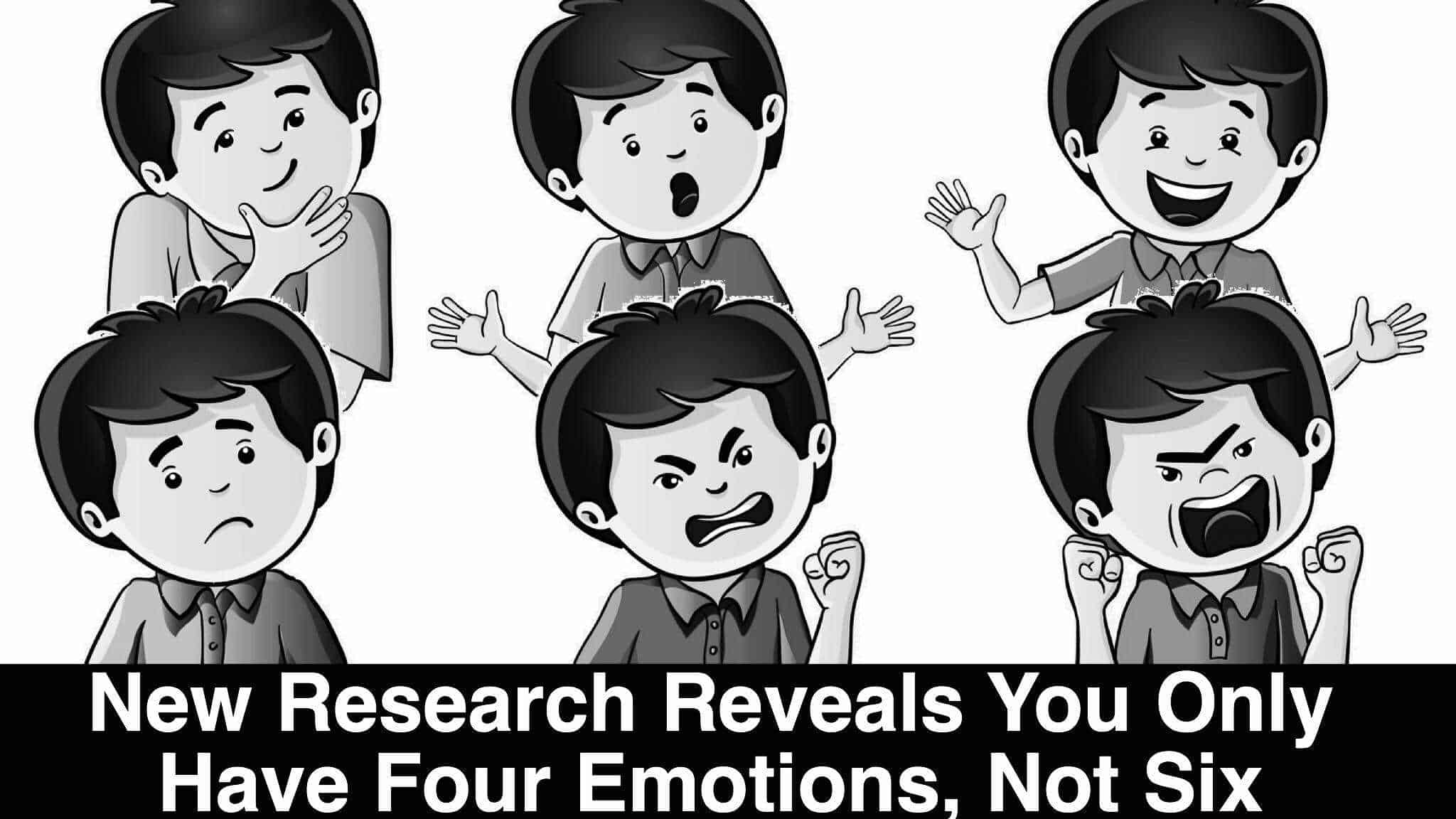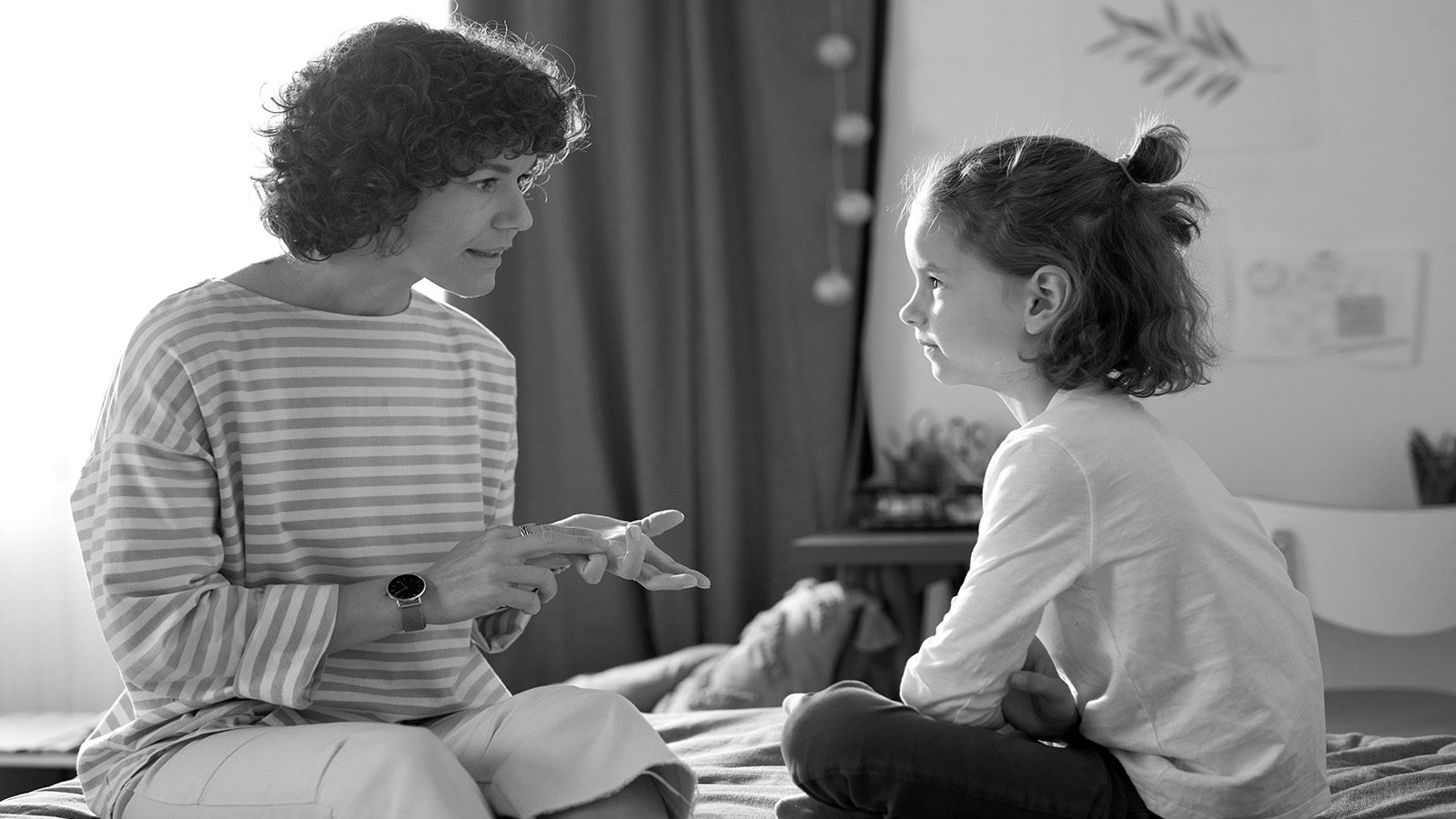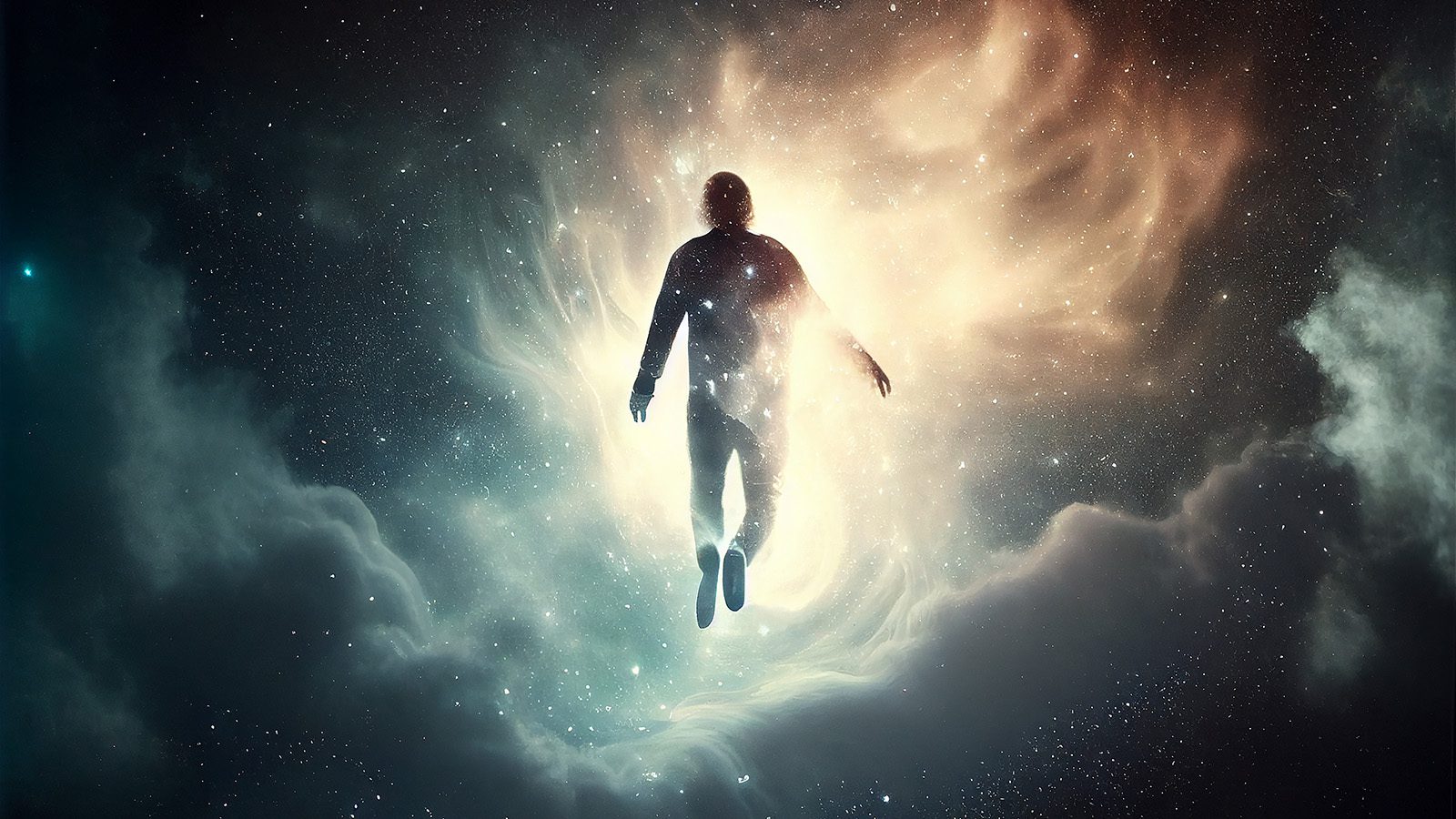No matter how many emotions you can name off the top of your head, new research says that there are really only four. When we think of emotions like jealousy, frustration, anxiety and surprise, we are giving names to subtle difference that exist on top of the four basic emotions that we all share in common.
So why does it matter how many emotions we have? Emotions affect our thoughts and our thoughts reveal much about the inner workings of our minds, be they psychologically healthy or unhealthy for us.
If we can change our thoughts in response to our emotions, we can control the impact that our emotions have on us, and possibly help heal mental and physical illnesses that manifest within ourselves. Our emotions affect our thoughts about ourselves and our world, and emotions may also affect our memories.
People who choose to live positively need to know a lot about their emotional states. David Brooks of the New York Times writes about the thought research done by Nobel prize winning economist and psychologist Daniel Kahneman and his partner Amos Tversky that “Our biases frequently cause us to want the wrong things. Our perceptions and memories are slippery, especially about our own mental states. Our free will is bounded. We have much less control over ourselves than we thought.”
In 1901 Sigmund Freud, the father of modern psychology, wrote his book The Psychopathology of Everyday Life. Freud hypothesized that forgetting a memory is a result of an emotional conflict rather than a mistake. When you have a large amount of anger and are unable to express it, it is possible that you suppress or repress the memory that occurred.
Why New Research Says You Only Have Four Emotions
Previously, the scientific community had agreed on six basic human emotions: happy, surprised, afraid, disgusted, angry, and sad. Now, they believe that two of these emotions can be eliminated.
What are the four basic emotions?
Some emotion pairs have more in common than you might think, which is why the new research by a team at the Institute of Neuroscience and Psychology at the University of Glasgow says that we only have four emotions after all. For example, you can see how the emotion of surprise is close to the emotion of fear. When you are surprised, there is a startle response that is basically a fear reaction to something unexpected that happened.
Recent research has come to the conclusion that no matter how many words for emotions that you can think of, there are really only four. Feeling bored is just another word for feeling sadness. Frustration is just another word for anger. Anxiety is just another word for fear, and creative is just another word for happiness. Sadness, Fear, Anger and Happiness are the four emotion categories that researchers have identified.
The same is true for the emotion disgust, which means that you reject something that is unlike yourself. According to researchers, the emotion disgust is closer to anger and is similar to what happens when we dehumanize others. Psychcentral.com says ‘those engaging in dehumanization are usually part of a cohesive group acting against outsiders ‘that is, individuals who feel socially connected may have an increased tendency toward dehumanization.’
Researchers believe that the emotion of disgust, which is basically the same facial expression as anger, but with a wrinkled nose, may be an adaptation in “response to “stationary danger,” such as pathogens, by ‘wrinkling your nose, you may be less likely to breathe in something harmful.”
Although researchers may have identified disgust as a related emotion to anger, it is possible that it is related to fear as well. The wrinkled nose often happens in response to a stimulus that surprises us but that we dislike, like a sudden odor of fish.
Failing to recognize and cope with emotions can be the reason for a relationship failure. You may have already read our article about the warning signs of an emotionally abusive relationship, and if you are concerned about your emotions or a partner’s emotions, it is a great idea to seek out counseling.
Emotions in animals
Animals seem to experience emotion just like humans do, or at least we assign emotions to their behavior as we see it. This tendency to assign human traits to animals is called anthropomorphism. We see a puppy with its mouth open wide, teeth showing and tongue hanging out and a wagging tail and we say that the puppy is happy.
Some people believe that we assign human emotions to animals because we like them and we tend to like things that are similar to ourselves. However, research with mice revealed that the animals have a repetitive squeaking pattern that is similar to human laughter while they are playing with and tickling each other.













